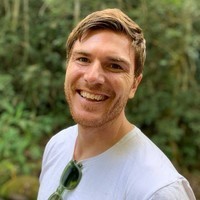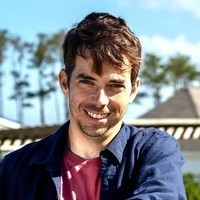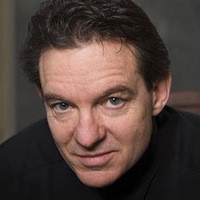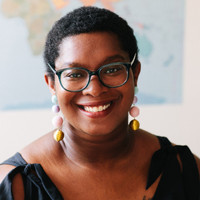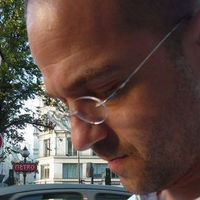Quite Likely the Worst Job Ever
The sewer hunters, or “toshers,” of 19th century London.
Knowing where to find the most valuable pieces of detritus was vital, and most toshers worked in gangs of three or four, led by a veteran who was frequently somewhere between 60 and 80 years old. These men knew the secret locations of the cracks that lay submerged beneath the surface of the sewer-waters, and it was there that cash frequently lodged.



